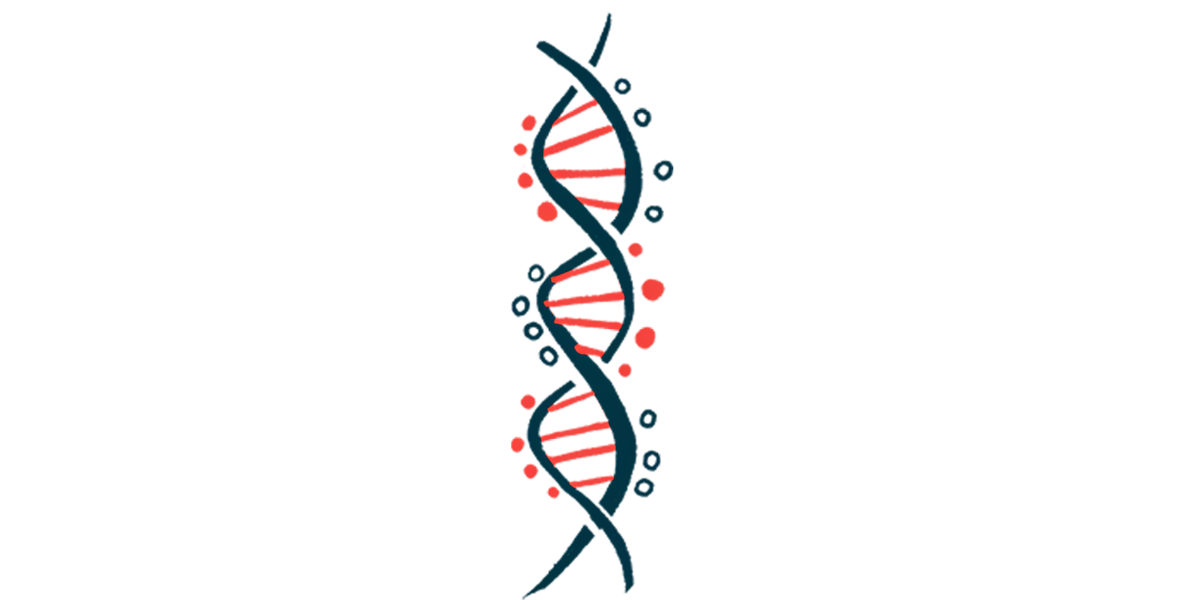Rune Labs, Parkinson’s Foundation to study digital biomarkers
Clinical program will use wearable devices to track motor symptoms
Written by |

Rune Labs and the Parkinson’s Foundation are partnering on a clinical program to identify genetic and digital biomarkers showing how genetics and daily symptoms are connected in people with Parkinson’s disease, with the aim of speeding diagnosis, improving clinical trial design, and supporting the development of more targeted treatments.
The study will explore how specific gene variants relate to Parkinson’s symptoms and how they respond to Parkinson’s treatment. Participants will use iPhones and Apple Watches to track motor symptoms such as tremors and dyskinesia (uncontrolled movements), along with daily routines and treatment use, through Rune Labs’ StrivePD app.
StrivePD, which uses artificial intelligence (AI), collects real-world data to help patients better understand and manage their symptoms, according to Rune.
“We believe that there is significant potential to advance Parkinson’s research by combining genetic insights with real-world data derived from AI-driven platforms like StrivePD to define disease subtypes,” Brian Pepin, Rune Labs’ CEO, said in a company press release. “If you carry a gene mutation, you shouldn’t be treated like every other patient. This study could move us from ‘average-patient’ dosing to genome-matched therapy recommendations.”
Digital biomarkers could help path to treatments, cure
The study is part of the Parkinson’s Foundation’s PD GENEration initiative, which provides free genetic testing and counseling for people with Parkinson’s.
“We created PD GENEration to empower those with Parkinson’s and their families to know more about their disease, accelerate clinical trials … and drive forward research into the complex genetic factors that contribute to Parkinson’s severity, progression, and treatment response,” said James Beck, PhD, the foundation’s chief scientific officer. “This new study with Rune Labs brings in powerful digital insights that can help us decode Parkinson’s even further and speed up the path toward more effective treatments, and one day, a cure.”
Participants will give blood samples to be tested for known Parkinson’s-related genetic variants, and will complete health surveys and symptom-rating scales remotely.
Initial genetic findings are expected in 2026, and anonymized data will be available to researchers via a data repository.
The study is supported through the Global Parkinson’s Genetics Program(GP2), an initiative funded by Aligning Science Across Parkinson’s (ASAP) and implemented by The Michael J. Fox Foundation. GP2 aims to uncover the genetic foundations of Parkinson’s by looking at data from a range of populations around the world.






